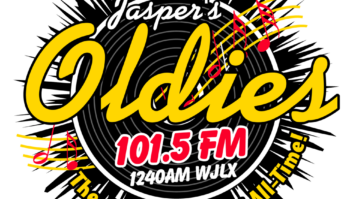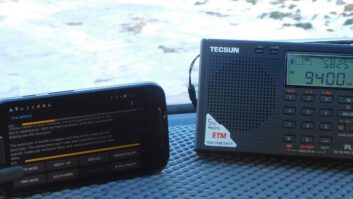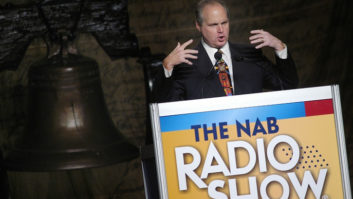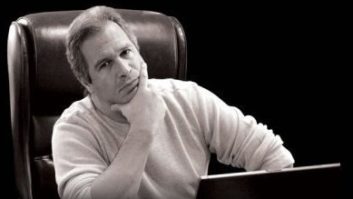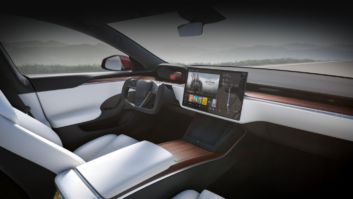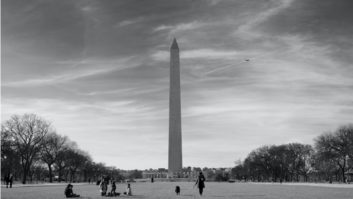The author is membership program director of the National Federation of Community Broadcasters. NFCB commentaries are featured regularly at www.radioworld.com.
To many, her name may not be recognized. However, the passing this week of Susan Howarth is one community radio may think long about, especially as midterm elections get closer.
Howarth was a noncommercial media journalist for decades. She died this week at age 66, fighting cancer to the end. While her distinctions are many, she will best be remembered for a Supreme Court case defending the rights of broadcasters and our role in civil society.
[Read: Community Broadcaster: Community Radio Journalism Speaks Loudly]
Howarth’s organization, the Arkansas Educational Television Commission, was sued in 1992 by Ralph Forbes, a third-party candidate for office. Over the years, Forbes has been a candidate for any number of positions, but perhaps none was more historic than this run. AETC decided to not invite Forbes to a broadcast debate. He sued. The Eighth Circuit Court of Appeals decision sided with Forbes’ contention that his free speech rights had been infringed on, and the public broadcaster appealed to the Supreme Court.
Although the high court decision is over 20 years old, the parameters for candidate debates and whom stations are obligated to invite is still one of some confusion for managers. Indeed, it is also one that runs headlong into our desires for fairness and ensuring all voices are heard. While the justices were unequivocal in their ruling, how stations proceed may still be a matter yet to be determined.
From a broadcast standpoint, not having every candidate in your studio is a logistics issue. Many community stations may have at most six microphones in a studio. Then there’s the matter of how those six voices or more sound over your signal. Not the court’s problem, obviously.
It took several years before the case arrived in Washington, but by a 6–3 decision, the Supreme Court said in 1996 that noncommercial broadcasters could exclude candidates in very specific circumstances. So long as debates were not public forums, akin to speech in parks and public spaces, the court ruled, stations could be selective.
Writing for the majority, Justice Anthony Kennedy said, “Broad rights of access for outside speakers would be antithetical, as a general rule, to the editorial discretion that broadcasters must exercise to fulfill their journalistic purpose and statutory obligations. For two reasons, however, candidate debates present the narrow exception to the rule. First, unlike AETC’s other broadcasts, the debate was by design a forum for candidates’ political speech. Consistent with the long tradition of such debates, AETC’s implicit representation was that the views expressed were those of the candidates, not its own. The debate’s very purpose was to allow the expression of those views with minimal intrusion by the broadcaster. Second, candidate debates are of exceptional significance in the electoral process. Deliberation on candidates’ positions and qualifications is integral to our system of government, and electoral speech may have its most profound and widespread impact when it is disseminated through televised debates. Thus, the special characteristics of candidate debates support the conclusion that the AETC debate was a forum of some type.”
In short, because the debate was not a public forum, the government was thus not compelled to create one for the broadcaster and determine eligibility of persons to speak during such. The justices affirmed stations have rights as journalists to provide the best service to the public as well.
Over the years, the court has not intervened in every public forum interpretation. Broadcasters have also focused on being more transparent and named thresholds candidates must meet in order to be included in public forums. Nevertheless the ruling gives community and in fact all broadcasters a baseline to consider when scheduling their on-air debates. Howarth led the charge on this subject, and her passing is a sad one.
September is, no doubt, prime election season. With hotly contested midterm races underway, the draw of debates is powerful. And, though independent and third-party candidacies are nothing new, 2019 feels like a year of engaged political life. More eyes are on politics than usual, it seems.
Community radio, with its devotion to sharing diverse local voices, will surely be under pressure to give airtime to everyone, no matter who they are. The National Federation of Community Broadcasters regularly fields calls from beleaguered stations, fearful of missteps and litigious candidates. Station leaders also want to do the right thing, and honor everyone’s commitment to the democratic process.
How your station builds its political debates is up to you, but don’t forget the Supreme Court is on your side, thanks in part to Susan Howarth.





